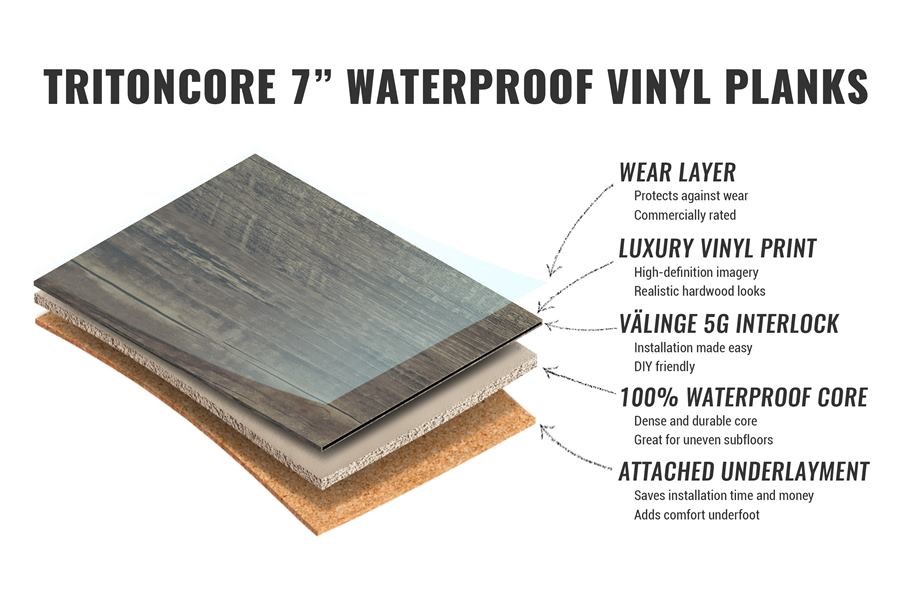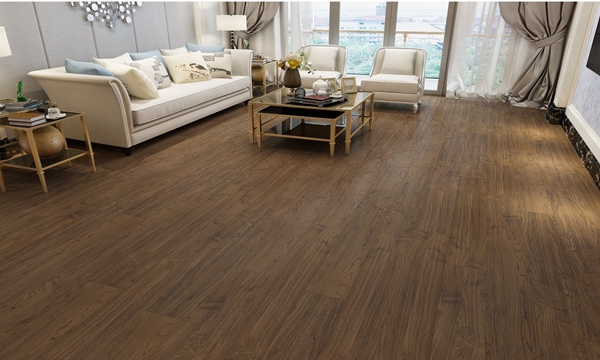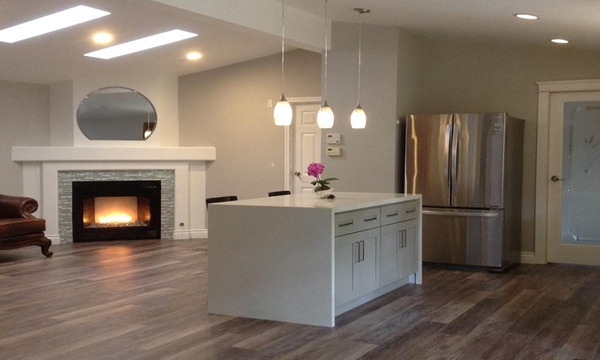

- 0086 13321818576 (Steven Lee)
- info@3c-floor.com
WPC stands for wood-plastic composite, which makes up the waterproof core. The WPC core is enhanced with a foaming agent, making it slightly softer and more comfortable in addition to being completely waterproof.

Pros of WPC Vinyl Flooring
WPC vinyl planks designed to withstand moisture and prevent water damage to your floor.
Comfort: It’s true, you could just get a wood or stone look tile or SPC plank and it would also be waterproof. But those options are hard. Standing on a hard floor all day isn’t great for your joints or feet. WPC is more resilient and much more comfortable.
Style: Vinyl is at the top of every trend right now. Luxury vinyl can come in those highly sought-after wood-look and stone-look styles that people can’t stop talking about.
DIY installation: If you like doing things on your own, you will love how easy it is to install WPC flooring. Many come with interlocking tongue-and-groove systems that can float over your existing floor.
Low-maintenance: With the occasional sweep and mop, you can easily keep your floor looking good as new.

Cons of WPC Vinyl Flooring
More likely to dent: Compared to SPC rigid core vinyl, WPC isn’t quite as durable. That slightly softer core is more comfortable, but it’s also more likely to dent if you drop something heavy.
Slightly less affordable: The cost of WPC is just a bit higher than SPC. However, as more and more companies develop their own WPC lines, we are starting to see WPC flooring prices drop and become more affordable. Also, it’s still less expensive than solid hardwood with way less maintenance.
